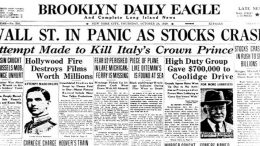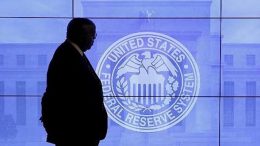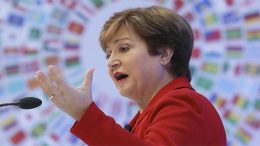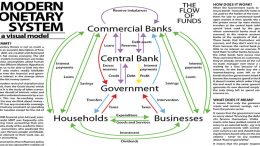To Compare The Crisis Of 1929 With Today’s Would Be Unfair…If It Doesn’t Drag On
Is the current economic crisis scenario caused by COVID-19 similar or different to the Great Depression of 1929? This question is answered in this note by John Plassard, investment specialist at Mirabaud. There are major differences between the two situations. Not only in terms of their nature, but with regard to the measures being taken today by governments, central banks and financial markets. That said, if the pandemic were to spread over time, that perspective could change.










